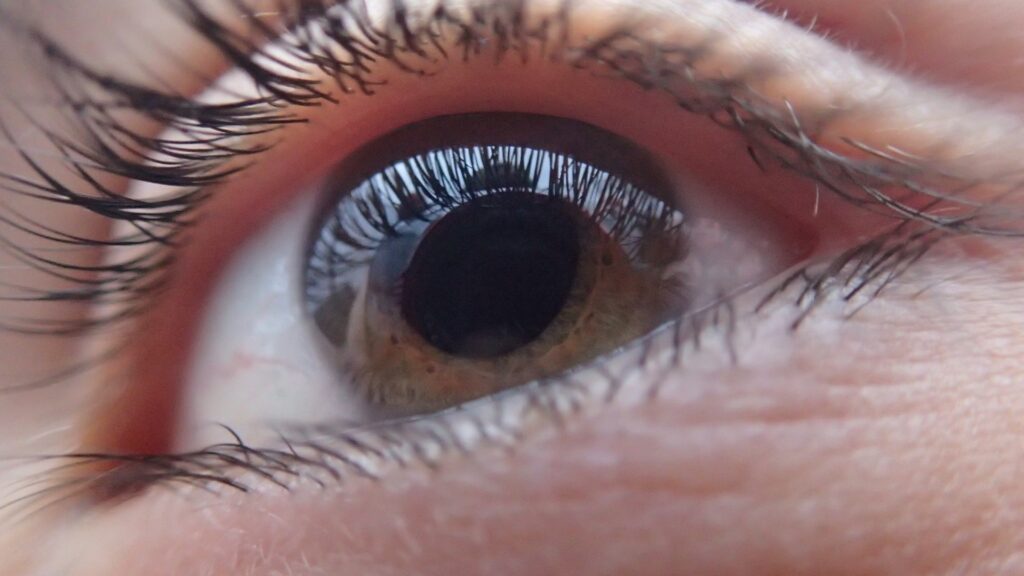Artificial Corneal Transplant Has Shown Promise In Treating Corneal Blindness. This groundbreaking innovation is a result of research and development work done by an Israeli company CorNeat. It has made a synthetic cornea that integrates with the eyewall and does not require donor tissue.
A 78-year-old man regained his sight after being implanted with an artificial cornea. The man lost his sight a decade ago. Although he was only able to perceive fuzzy shapes prior to the operation, after receiving the artificial cornea, he has regained his sight. He could recognize his family members and read words. This promising technology is developed by an Israeli startup CorNeat and is named KPro.
Furthermore, it’s the first corneal transplant that can be integrated directly into the eyewall without needing donor tissue. The synthetic cornea replaces the scarred or deformed cornea. Immediately after the surgery, the man who received the artificial corneal Transplant was able to read the numbers on an eye map and recognize family members, thus proving the efficiency of this new technique.
First of Its Kind Artificial Corneal Transplant
Artificial corneal transplants already exist for persons suffering from corneal complications or degeneration. However, the surgeries are pretty complex, with often not so desirable outcomes. It’s the reason they are reserved as a last resort when even corneal ring transplants or implants fail. On the contrary, KPro artificial corneal implant does not involve any such complications. The procedure developed by CorNeat is relatively simple and only requires a few cuts and stitches. According to Corbett, the technique uses biomimetic material that “stimulates cell proliferation, leading to progressive tissue integration.”
CorNeat further details that “Fibroblasts and collagen gradually colonize the integration skirt, and complete integration is achieved in a few weeks by permanently incorporating the device into the patient’s eye.” The procedure subsequently leads to better visual acuity and faster healing time.
For CorNeat, the surgery was the maiden attempt. However, ten other patients in Israel have been approved for trials and will subsequently undergo artificial corneal transplant surgery. Besides, two more trails are in line and will soon begin in Canada. Furthermore, six more people are waiting for approval in France, the Netherlands, and The United States.
The successful surgery was a moment of joy for CorNeat as it was working on this particular technique for quite some time. The co-founder of CorNeat, Dr. Gilad Litvin, expressed his thought this way –
“After years of hard work, seeing a colleague implant the CorNeat KPro with ease and seeing another human regain their sight the next day was professionally thrilling and emotionally moving.”
If the cornea is damaged or scarred to such an extent that it can’t be replaced with another one, transplantation becomes impossible. In such a situation, artificial cornea could be the only way possible to restore lost eyesight. In such circumstances, CorNeat KPro becomes a precious technique for those who cannot undergo regular transplants. Although it’s just the beginning for CorNeat, the company hopes that millions of people will benefit from it.



